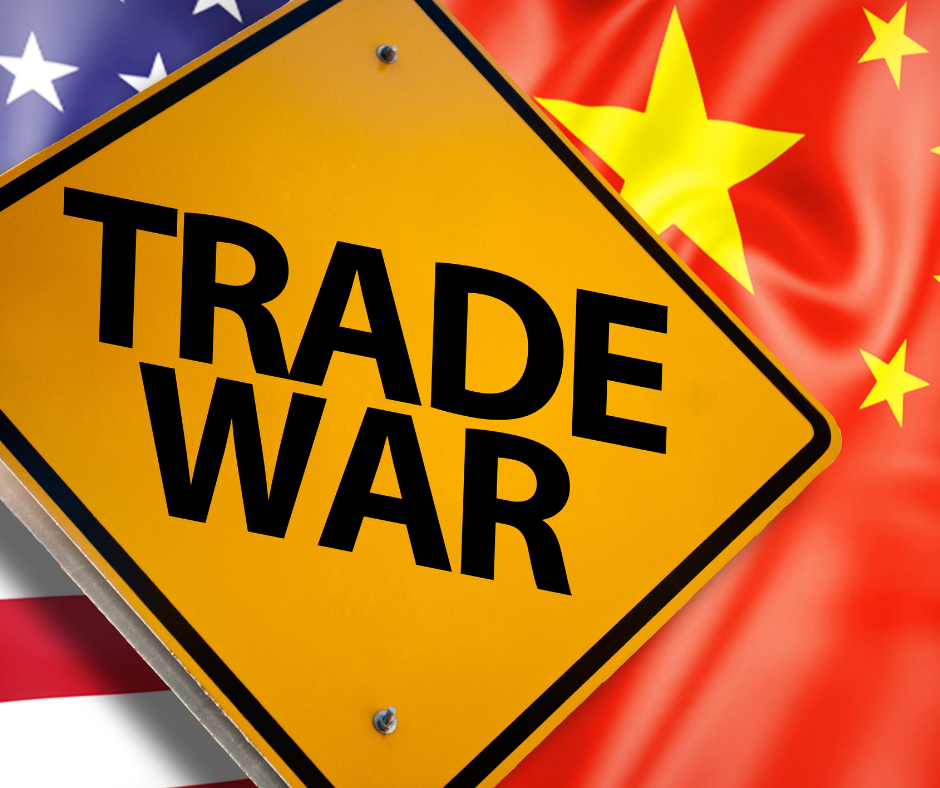The Impact of a U.S. Trade War on the UK Electronics Industry in 2025
As 2025 unfolds, the UK electronics industry faces potential disruptions due to trade tensions with the United States. With the return of Donald Trump to the White House, the possibility of new tariffs and trade restrictions looms large. If the U.S. adopts protectionist policies, UK electronics manufacturers, suppliers, and exporters could see significant challenges.
How Tariffs Could Disrupt UK Electronics
The UK electronics sector is heavily reliant on both exports to the U.S. and imports of components from American suppliers. If tariffs are imposed on UK-manufactured electronics, British companies selling to the U.S. may face higher costs, making their products less competitive compared to American-made alternatives. In turn, U.S. companies may look elsewhere—perhaps to South Korea, or domestic manufacturers—for their supply needs.
At the same time, tariffs on imported U.S. components could drive up costs for UK manufacturers, particularly those reliant on American semiconductors, microprocessors, and advanced technologies. This could force British companies to absorb higher costs, pass them on to consumers, or seek alternative suppliers in Asia or Europe.
Supply Chain Vulnerabilities
A trade war could exacerbate existing supply chain issues. The UK electronics industry depends on a complex global network, with critical components sourced from the U.S., Europe, and Asia. Any disruption in U.S.-UK trade relations could create delays, shortages, or increased costs. Companies that rely on just-in-time manufacturing may struggle to adjust, leading to potential production slowdowns.
Furthermore, U.S. restrictions on technology exports—such as limits on AI chips, quantum computing components, or advanced semiconductors—could hinder UK firms working in emerging tech sectors. If the U.S. prioritizes domestic industries or aligns more closely with its North American trading partners, UK companies may find themselves at a disadvantage.
Impact on UK Jobs and Investment
Tariffs and a broader trade conflict could also deter investment in the UK electronics sector. U.S. firms with operations in Britain might reconsider expansion plans or shift investments to markets with more stable trade conditions. Additionally, UK-based manufacturers could face financial strain, leading to potential job losses, particularly in regions where electronics manufacturing plays a vital role in local economies.
However, there could be an upside. If UK firms adapt quickly by strengthening trade ties with Europe and Asia or investing in domestic production capabilities, they may become less dependent on the U.S. market in the long term.
Potential UK Responses
In response to a trade war, the UK government could:
- Seek Trade Agreements with Other Markets – Strengthening ties with the EU, China, and India could help UK businesses find new customers and suppliers outside of the U.S.
- Invest in Domestic Semiconductor Manufacturing – Encouraging homegrown chip production could reduce reliance on American technology.
- Offer Financial Support to Affected Businesses – Tax incentives or subsidies could help companies offset the impact of tariffs and remain competitive
Conclusion
A U.S.-UK trade war in 2025 could pose serious challenges for the UK electronics industry, from higher costs to supply chain disruptions. While businesses may face short-term struggles, those that diversify supply chains, explore alternative markets, and invest in innovation could emerge stronger in the long run. The UK government’s response will play a crucial role in determining how well the industry navigates these challenges.
If you require any American approved UL & CUL ,CSA products then please contact our sales team on 01480 861348 or email them sales@contactcables.com





